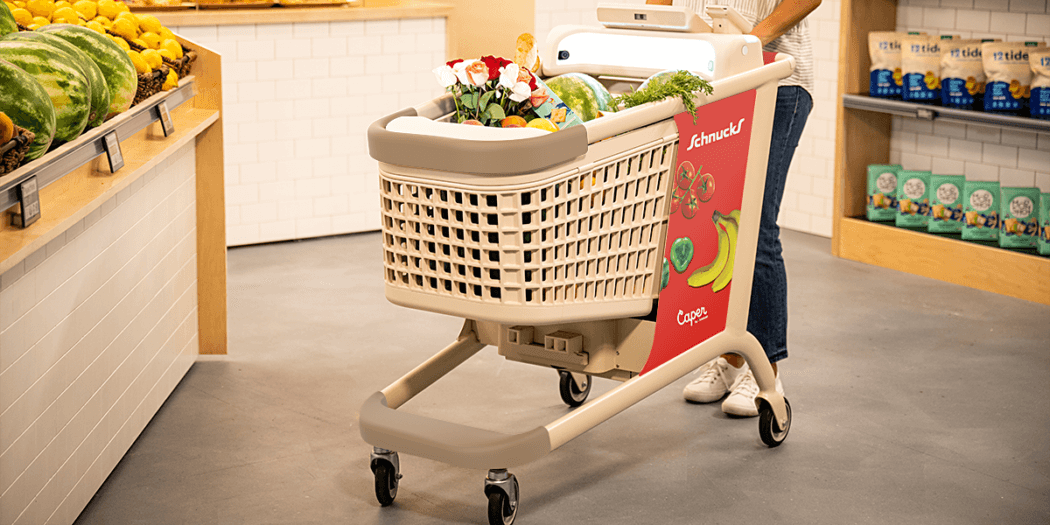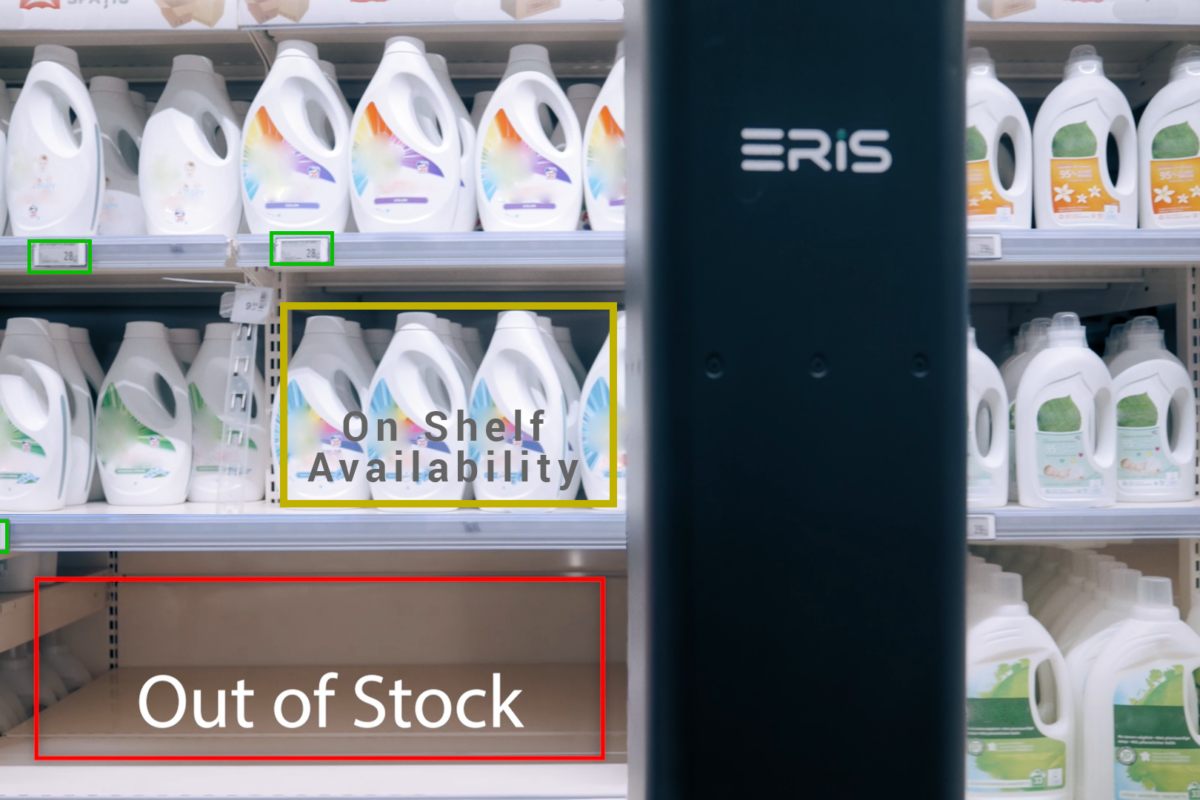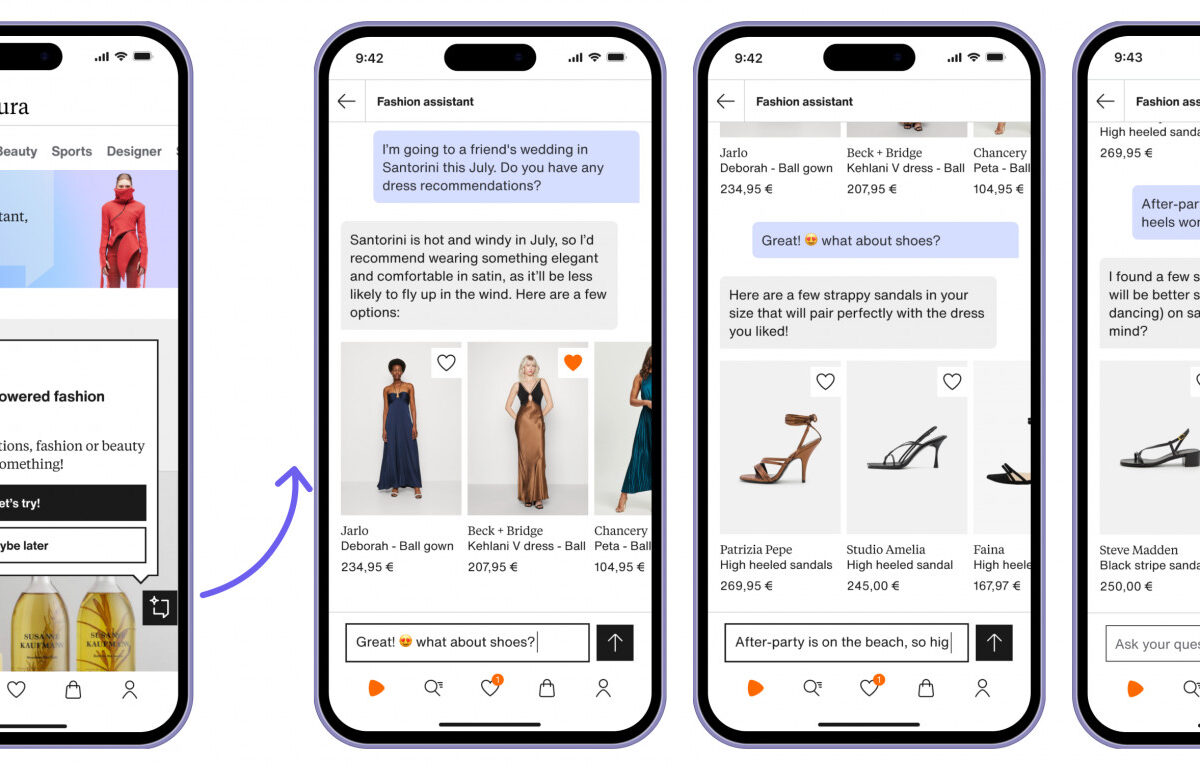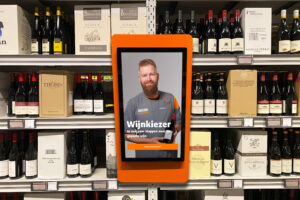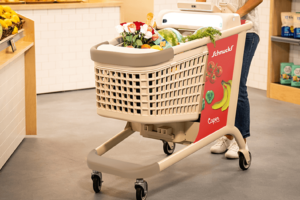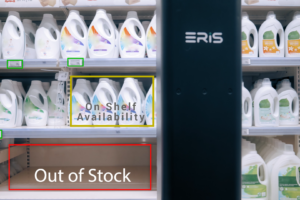Web-based knowledge service for robots
The University of Bremen was extremely successful in the innovation competition “Artificial intelligence as a driving force in economically relevant ecosystems” by the Federal Ministry for Economic Affairs and Energy. The Bremen project “Knowledge4Retail” (K4R), within which the Institute for Artificial Intelligence (IAI) plays a leading role, will receive funding of 13 million euros. More than 1.5 million will go to the IAI. The aim: To incorporate AI with its connected opportunities into retail.
“From January 1, 2020, 13 partners from economy and science will work together in the hanseatic city in order to create a platform for the application of artificial intelligence in retail”, states Professor Michael Beetz, director of the Institute for Artificial Intelligence (IAI) at the University of Bremen.
AI in retail: better knowledge, better service
“With the Knowledge4retail project – in short K4R – we want to develop new opportunities for the better linkage between online and stationary retail,” explains Michael Beetz. “The product range offered in stationary shops is to be made available online via a so-called digital twin. As an example, for this we require service robots that automatically log the available products in a specific shop.”
The application scenario: Branch managers and staff always know – whether this is due to a computer or mobile device – where the products are located and how many are there. Robots log this information and either restock some products or take misplaced items back to their spot. Sales managers can then design or stock their branches differently depending on the location or the customer structure. “There are an immense number of thinkable application possibilities for AI in retail,” says Professor Beetz. “The task is now to develop and design the best and most expedient ones.” The use of AI in retail may also help to regain territory lost to online retail via better service and consultation offers.
Making robots capable of learning
Connecting the analogue world to the digital world and incorporating robots into human day-to-day life using AI is the aim of the research carried out at the Institute for Artificial Intelligence. “For several years, we have been trying to make robots capable of learning. Earlier, specific behavior had to be programmed systematically and under consideration of all eventualities. We want the robots to learn from each other,” explains Michael Beetz. He is also the spokesperson of the collaborative research center EASE (Everyday Activity Science and Engineering) at the University of Bremen. EASE is also working on the open knowledge database openEASE.
“With openEASE, we are providing a web-based knowledge service in the field of research and development, which can be fed with worldwide acquired robot and activity data. This allows for a type of wikiHow to develop with instructions on how robots can adopt specific activities,” according to Beetz. The thought behind this is that when a robot has successfully and repeatedly completed a task – for example stocking a shelf – then the robot can pass this step onto other robots in the form of instructions. This means that the other robots do not have to undergo complicated training for this particular action.
Source: Institute for Artificial intelligence / University of Bremen







